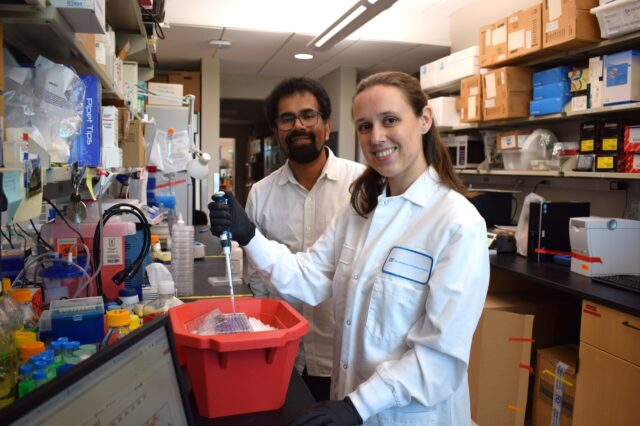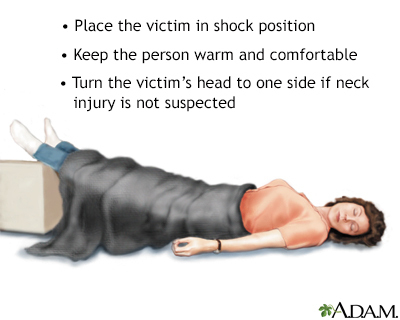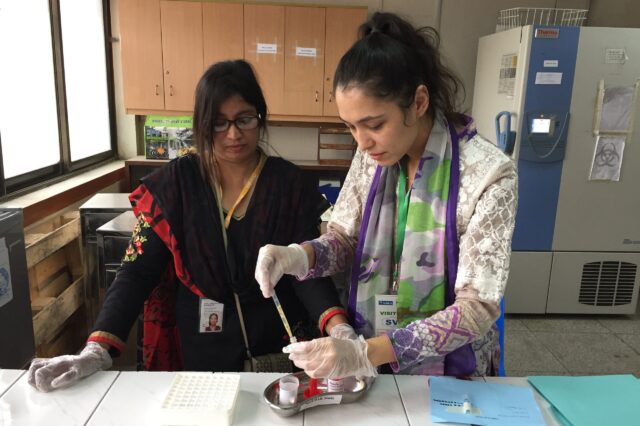Definition
Shock is a life-threatening condition that occurs when the body is not getting enough blood flow. Lack of blood flow means the cells and organs do not get enough oxygen and nutrients to function properly. Many organs can be damaged as a result. Shock requires immediate treatment and can get worse very rapidly. As many 1 in 5 people in shock will die from it.
Considerations
The main types of shock include:
Causes
Shock can be caused by any condition that reduces blood flow, including:
Shock is often associated with heavy external or internal bleeding from a serious injury.
Toxic shock syndrome is an example of shock that is caused by an infection.
Symptoms
A person in shock has extremely low blood pressure. Depending on the specific cause and type of shock, symptoms will include one or more of the following:
First Aid
Take the following steps if you think a person is in shock:
- Call 911 or the local emergency number for immediate medical help.
- Check the person's airway, breathing, and circulation. If necessary, begin rescue breathing and CPR.
- Even if the person is able to breathe on their own, continue to check rate of breathing at least every 5 minutes until help arrives.
- If the person is conscious and DOES NOT have an injury to the head, leg, neck, or spine, place the person in the shock position. Lay the person on the back and elevate the legs about 12 inches (30 centimeters). DO NOT elevate the head. If raising the legs will cause pain or potential harm, leave the person lying flat.
- Give appropriate first aid for any wounds, injuries, or illnesses.
- Keep the person warm and comfortable. Loosen tight clothing.
IF THE PERSON VOMITS OR DROOLS
- Turn the person or their head to one side to prevent choking if you do not suspect an injury to the spine.
- If a spinal injury is suspected, "log roll" the person instead. To do this, keep the person's head, neck, and back in line, and roll the body and head as a unit.
When to Contact a Medical Professional
Call 911 or the local emergency number any time a person has symptoms of shock. Stay with the person and follow the first aid steps until medical help arrives.
Prevention
Learn ways to prevent heart disease, falls, injuries, dehydration, and other causes of shock. If you have a known allergy (for example, to insect bites or stings), carry an epinephrine pen. Your health care provider will teach you how and when to use it.
References
Angus DC. Approach to the patient with shock. In: Goldman L, Schafer AI, eds. Goldman-Cecil Medicine. 26th ed. Philadelphia, PA: Elsevier; 2020:chap 98.
Puskarich MA, Jones AE. Shock. In: Walls RM, Hockberger RS, Gausche-Hill M, eds. Rosen's Emergency Medicine: Concepts and Clinical Practice. 9th ed. Philadelphia, PA: Elsevier; 2018:chap 6.
Smith SG, Schreiber MA. Shock, electrolytes, and fluid. In: Townsend CM Jr, Beauchamp RD, Evers BM, Mattox KL, eds. Sabiston Textbook of Surgery. 21st ed. St Louis, MO: Elsevier; 2022:chap 4.



